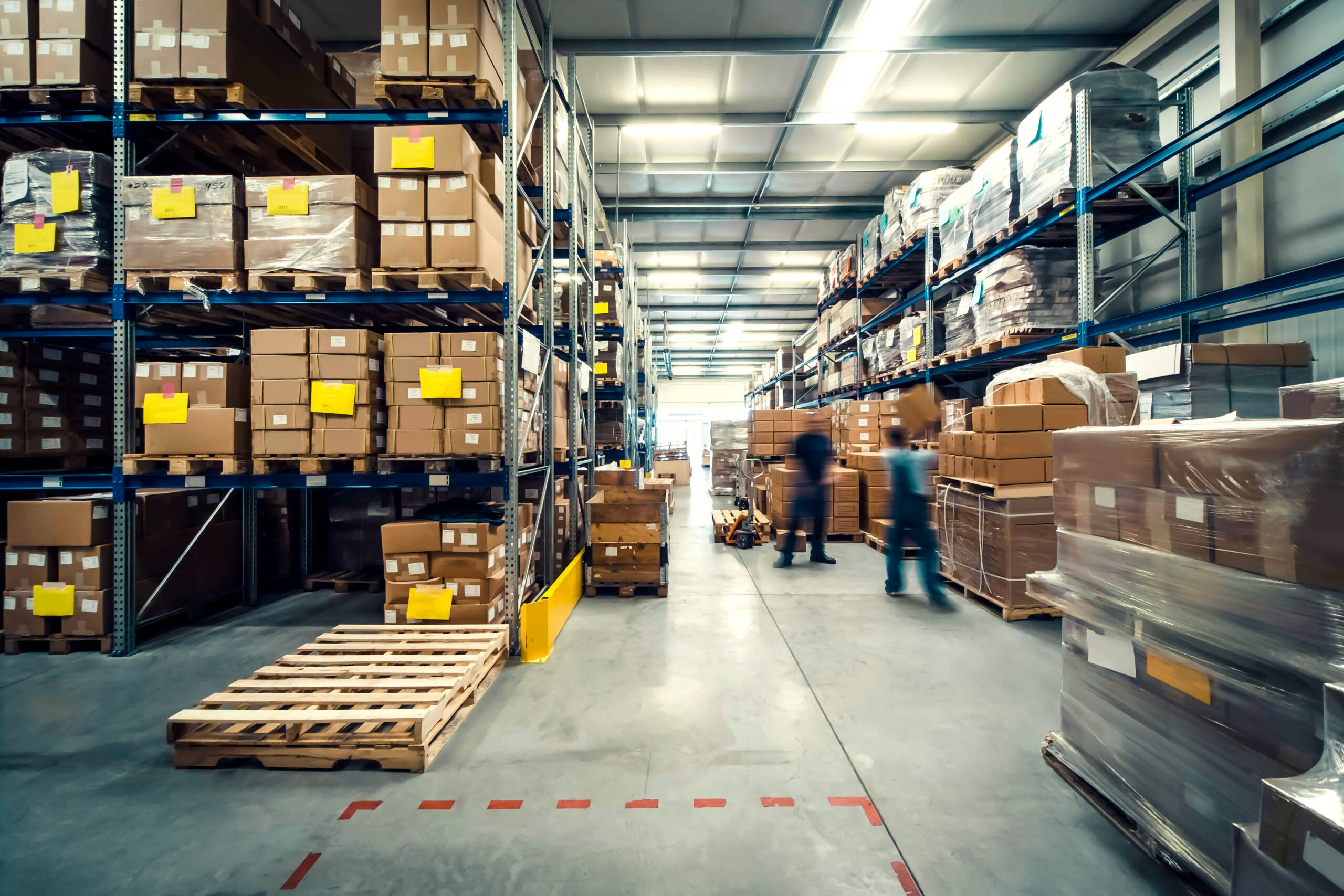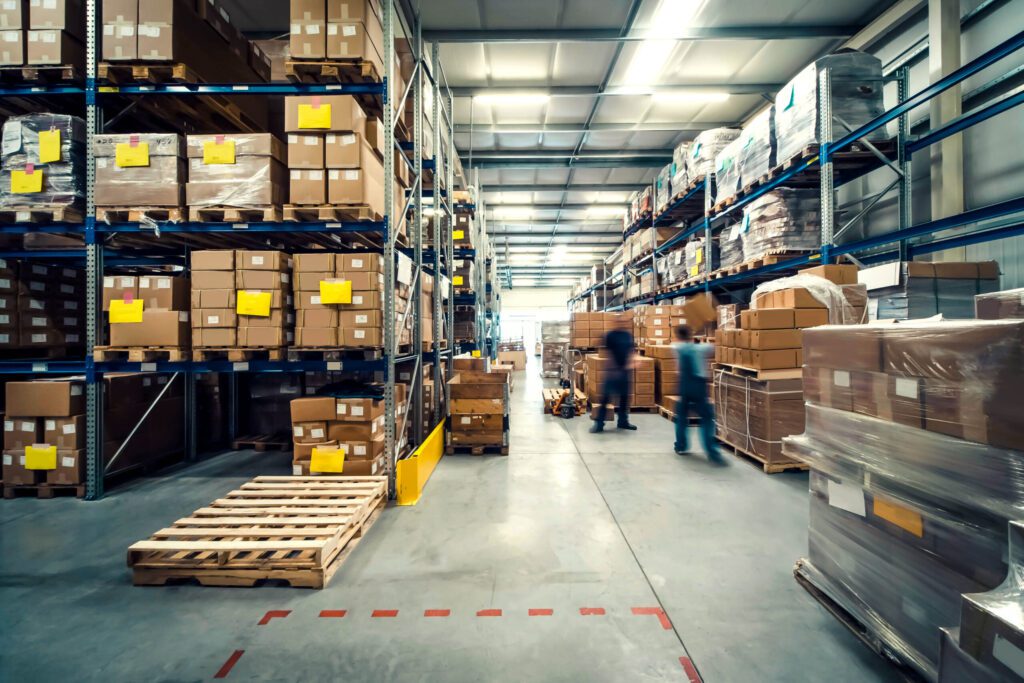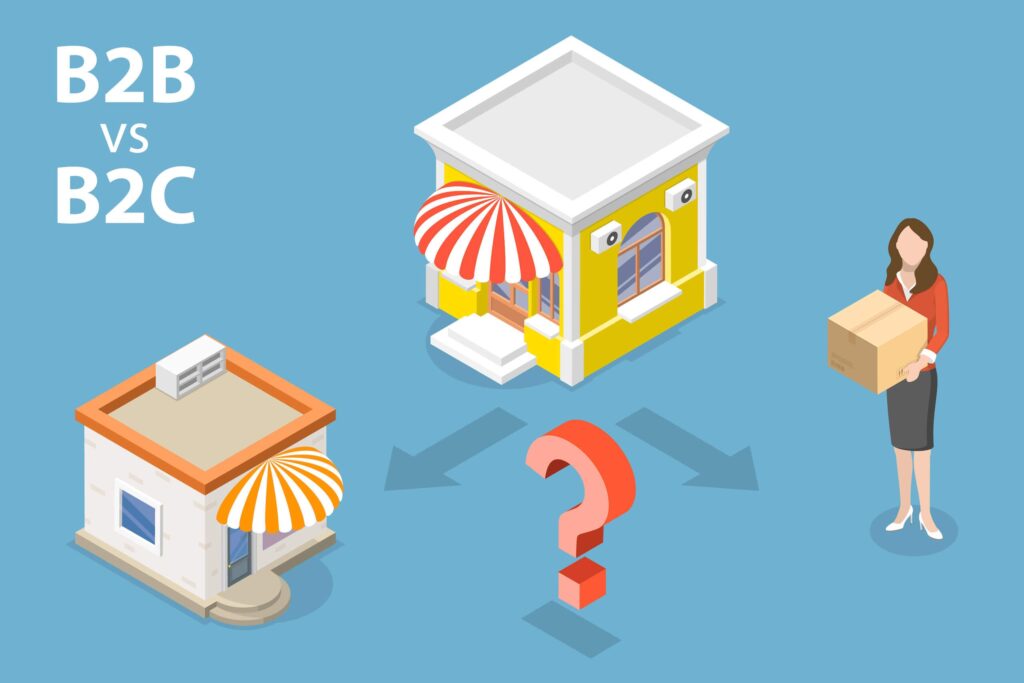
B2B fulfillment, a cornerstone of modern commerce, plays a pivotal role in the seamless exchange of goods and services between businesses. In the dynamic landscape of business-to-business transactions, understanding the intricacies of fulfillment processes is paramount for success. From order placement to shipping logistics, B2B fulfillment encompasses a range of critical steps that can significantly impact the efficiency and satisfaction of business clients. In this comprehensive guide, we delve into the key components, intricacies, and strategies that businesses must navigate to excel in the complex world of B2B commerce.
What is B2B fulfillment?

B2B fulfillment, or business-to-business fulfillment, refers to the process of fulfilling orders and delivering products or services from one business to another. In the context of e-commerce and supply chain management, B2B fulfillment involves the storage, picking, packing, and shipping of products to meet the requirements of business customers.
How the B2B fulfillment process works
The B2B fulfillment process involves a series of steps to fulfill orders and deliver products or services from one business to another. Here is an overview of the typical B2B fulfillment process:
Order Placement:
- Initiation: The B2B fulfillment process begins when a business customer places an order. This can happen through various channels, such as online platforms, electronic data interchange (EDI), or traditional methods like phone or email.
- Order Information: The order includes details such as the type and quantity of products, shipping instructions, delivery addresses, and any other relevant information.
Order Processing:
- Verification: The received order is verified for accuracy, and the availability of products is checked in the inventory. This step may involve confirming product specifications, pricing, and any negotiated terms.
- Order Confirmation: Once verified, the business may send an order confirmation to the customer, providing details such as the expected delivery date and any relevant information.
Inventory Management:
- Stock Availability: The fulfillment center or warehouse checks the availability of the ordered products in the inventory. If products are in stock, the fulfillment process proceeds; otherwise, replenishment or backordering may be initiated.
- Real-time Updates: Inventory management systems are crucial to maintaining accurate stock levels, updating product availability in real-time, and preventing over-selling.
Picking and Packing:
- Order Picking: Warehouse staff picks the items from the shelves or storage areas based on the order details. This process may involve manual picking or, in some cases, automated systems.
- Packaging: Picked items are then packed securely for shipping. Packaging may vary based on the nature of the products, and attention is paid to protecting goods during transportation.
Shipping and Delivery:
- Shipping Method: Businesses choose the appropriate shipping method based on factors such as the size and weight of the shipment, delivery speed, and cost considerations.
- Carrier Coordination: The fulfillment center coordinates with carriers for the transportation of goods. This may involve working with freight carriers for bulk shipments or parcel carriers for smaller orders.
Tracking and Communication:
- Tracking Information: The business provides tracking information to the customer, allowing them to monitor the status and location of their order during transit.
- Communication: Clear communication throughout the shipping process is maintained, with notifications for shipping confirmation, estimated delivery times, and any potential delays.
Returns and Customer Service:
- Returns Processing: In the event of returns, the B2B fulfillment process includes a system for processing returned items, inspecting them, and restocking inventory if possible.
- Customer Service: Businesses offer customer service support to address any issues, answer inquiries, and ensure customer satisfaction.
Efficiency, accuracy, and clear communication are critical throughout the B2B fulfillment process to meet the specific needs of business customers and maintain successful B2B relationships. Advanced technologies, such as warehouse management systems (WMS) and order management systems (OMS), play a key role in streamlining these processes.
Pros and cons of outsourcing B2B fulfillment

Outsourcing B2B fulfillment can offer various advantages and disadvantages, depending on the specific needs and circumstances of a business. Here are five pros and cons of outsourcing B2B fulfillment:
Pros:
- Cost Savings:
- Pro: Outsourcing fulfillment to a third-party provider can lead to cost savings. Fulfillment companies often benefit from economies of scale, spreading the costs of storage, labor, and shipping across multiple clients.
- Expertise and Specialization:
- Pro: Fulfillment providers specialize in logistics and order fulfillment. By outsourcing, businesses can leverage the expertise of professionals who are dedicated to optimizing the fulfillment process, leading to increased efficiency.
- Scalability:
- Pro: Outsourcing allows businesses to scale their operations more easily. As order volumes fluctuate, fulfillment providers can adjust resources and capacity to accommodate changing needs without the business having to invest in additional infrastructure.
- Focus on Core Competencies:
- Pro: Outsourcing fulfillment allows businesses to concentrate on their core competencies, such as product development, marketing, and sales. This can lead to improved overall business performance.
- Global Reach:
- Pro: Fulfillment providers often have a network of distribution centers, enabling businesses to reach customers globally. This can be especially beneficial for businesses looking to expand their market reach.
Cons:
- Loss of Control:
- Con: Outsourcing means relinquishing some control over the fulfillment process. Businesses may have less direct oversight of order processing, inventory management, and quality control, which can be a concern for some.
- Communication Challenges:
- Con: Coordinating with an external fulfillment partner may introduce communication challenges. Miscommunication or delays in information sharing can lead to errors or disruptions in the fulfillment process.
- Dependency on Third-Party Performance:
- Con: Businesses become dependent on the performance of the chosen fulfillment partner. If the provider experiences issues, such as delays or quality problems, it directly affects the business’s ability to meet customer expectations.
- Potential for Increased Costs:
- Con: While outsourcing can lead to cost savings in some cases, there is also the potential for unexpected costs. Additional fees, surcharges, or penalties for changes in order volume may impact the overall cost-effectiveness.
- Risk of Confidentiality Issues:
- Con: Sharing sensitive business and customer data with a third-party fulfillment provider poses a risk of confidentiality breaches. Businesses need to carefully vet and select trustworthy partners to mitigate this risk.
Before deciding whether to outsource B2B fulfillment, businesses should carefully assess their specific needs, evaluate potential partners thoroughly, and consider the overall impact on their operations and customer satisfaction. It’s essential to strike a balance that aligns with the business’s goals and priorities.
Key differences between B2B and B2C fulfillment

B2B (business-to-business) and B2C (business-to-consumer) fulfillment differ in several key aspects due to the distinct characteristics of their target customers and operational requirements. Here are five key differences between B2B and B2C fulfillment:
Order Volume and Size:
- B2B: Typically involves larger order volumes and higher order values. Businesses often place bulk orders, and the quantities can be substantial. Orders may be placed less frequently but involve larger quantities.
- B2C: Involves a higher volume of individual orders, but the order sizes are generally smaller. Consumers order products in smaller quantities, and there is often a higher frequency of orders.
Order Processing Complexity:
- B2B: Orders in the B2B space can be more complex, with variations in product specifications, customization, and negotiated pricing. The order process may involve contracts, negotiations, and customized solutions.
- B2C: Orders in B2C are generally straightforward with standardized products and pricing. The focus is often on creating a user-friendly and efficient ordering process for individual consumers.
Shipping and Delivery Requirements:
- B2B: B2B fulfillment may involve specialized shipping methods, such as palletized shipments or freight carriers, especially when dealing with larger quantities of goods. Delivery timelines may be longer but are usually more flexible.
- B2C: B2C fulfillment requires a focus on faster shipping methods to meet consumer expectations. Individual consumers often expect quicker delivery times, and there is a greater emphasis on last-mile delivery efficiency.
Packaging:
- B2B: Packaging in B2B fulfillment may be designed for efficiency in handling larger quantities and protecting goods during bulk transportation. Packaging is often more standardized.
- B2C: Packaging in B2C is often more focused on creating a positive unboxing experience for individual consumers. There may be more attention to branding, aesthetics, and smaller, consumer-friendly packaging.
Customer Relationship:
- B2B: The relationship between B2B entities tends to be more personalized and built on long-term partnerships. B2B fulfillment may involve ongoing collaboration, customization of products/services, and tailored solutions to meet specific business needs.
- B2C: The relationship in B2C is typically transactional and may not involve ongoing communication or customization. B2C fulfillment centers around providing a smooth and convenient purchasing experience for individual consumers.
Understanding these differences is crucial for businesses to design and optimize their fulfillment processes according to the specific needs and expectations of their target customers, whether they are businesses or individual consumers.